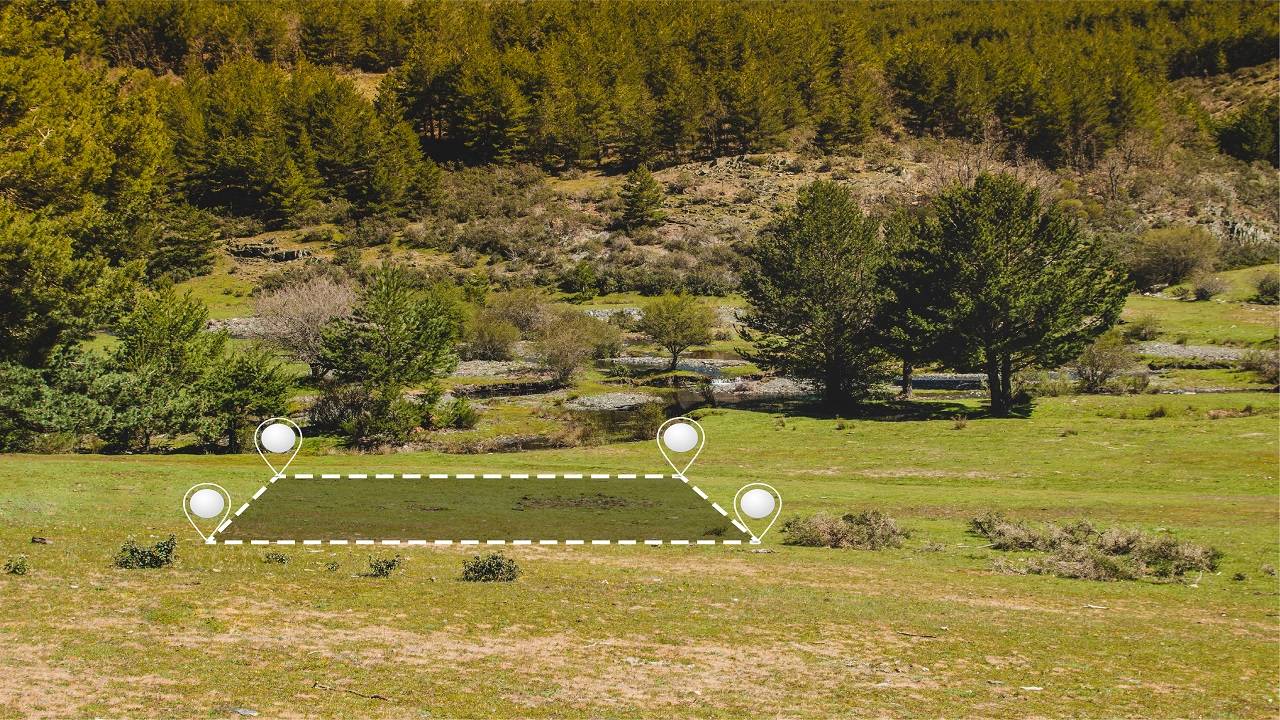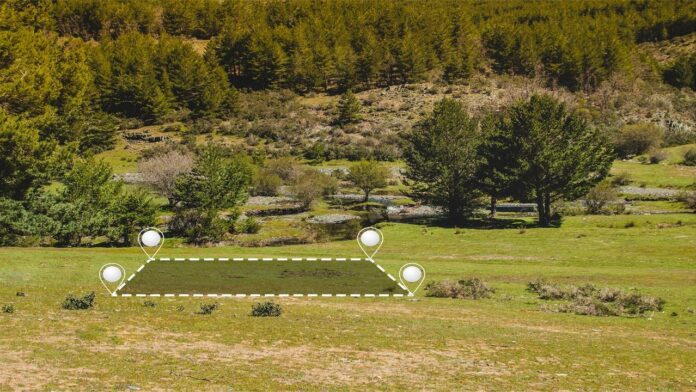
The Tamil Nadu government is taking steps to streamline land acquisition for major infrastructure projects through a revised land pooling scheme.
The new rules suggest that the consent of only 50 per cent of the landowners will be required to acquire land for such projects. However, if more than 50% of the landowners oppose the acquisition, the scheme will be abandoned.
The move is expected to speed up development initiatives in Tamil Nadu, as several projects have been delayed due to non-availability of land.
Additionally, the updated laws will allow private entities to participate in land acquisition through the land pooling scheme. The changes are being introduced following amendments to the Town and Country Planning Act, aimed at overhauling the Land Pooling Area Development Scheme.
The Land Pooling Area Development Scheme is designed to facilitate land consolidation by involving land owners as development partners for development projects. It was first introduced in 2018 to acquire land for housing and other infrastructure projects. The recent amendment is inspired by land pooling models in Gujarat, Andhra Pradesh, Haryana and Delhi.
The proposed rules outline the various steps involved in implementing the scheme under Section 39 of the Town and Country Planning Act.
According to these rules, a preliminary draft of the land pooling scheme must be published by the Chennai Metropolitan Development Authority or any other planning authority within nine months of announcing its intention in the District Gazette or on its website.
During this period, objections to the scheme can be raised, with a two-month window provided for the purpose.
After the objection stage, the planning authorities will scrutinize the objections and make necessary adjustments in the scheme. Once this review is completed, the scheme will be sent to the government for approval.
After obtaining government approval, the appropriate planning authority will refer the approved scheme to the registration department and revenue department for updating and changing the revenue records. Importantly, this will be done at no cost to the landowners.
The final proposal will be prepared within nine months of the announcement of the initial scheme. During the next two months, any grievances or appeals related to the scheme will be redressed.
After this period, the final scheme will be published, and the process of issuing land pooling ownership certificates will begin.
These certificates will contain comprehensive details, including original plots of land owners, final reconstituted plots, ownership information, and outlines of reconstituted plots with boundary schedules.
Further, development permissions, whether for private or public organizations, will remain valid for eight years from the date of approval by the concerned authority.
A notable aspect of the proposed rules is that they ensure that updating and mutation of revenue records will be done without imposing any cost on the land owners. This streamlined process aims to facilitate land acquisition for development projects and promote rapid infrastructure development in Tamil Nadu.
First Published: 25 September 2023, 12:33 IST
